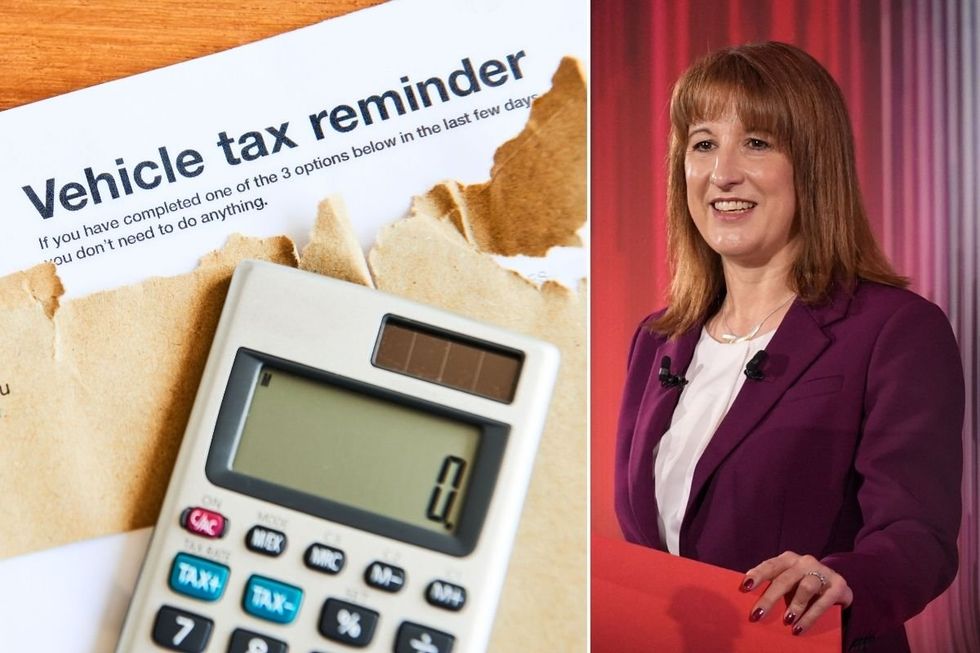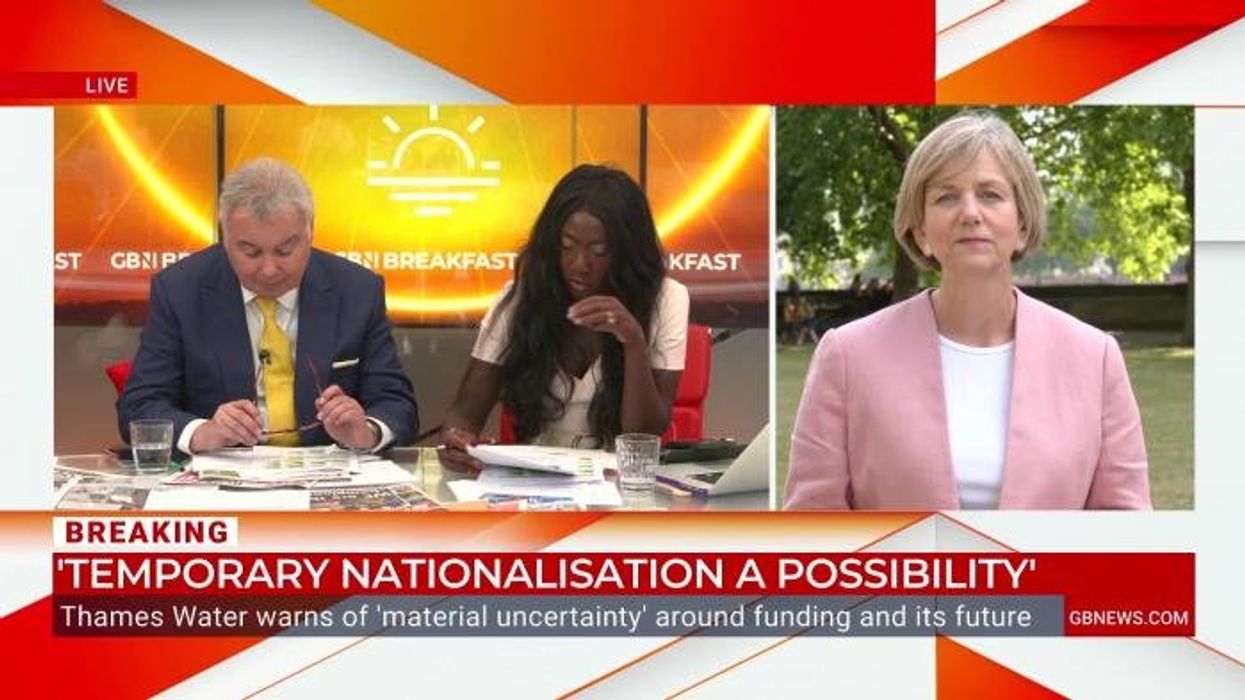Rachel Reeves warned of major damage if Budget includes car tax changes - 'Hardly a fair or smart move!'

Experts have called on the Chancellor to avoid harming sales of new electric cars
Don't Miss
Most Read
Chancellor Rachel Reeves has been warned that she could face serious backlash and risk the UK's transition to electric vehicles with new tax measures.
The Chancellor will deliver the Autumn Budget on November 26, and despite being a key part of Labour's election manifesto, tax rises could be on the table.
Experts have continually warned about a £50billion financial black hole, which will need to be addressed sooner rather than later.
Motoring taxes could be one of the changes Rachel Reeves decides to make, just months after overseeing the rollout of new charges for electric vehicle owners.
As of April 2025, all electric vehicles are required to pay the standard rate of car tax worth £195, or £20 for any EV registered before April 2017.
Recent reports suggested that the Chancellor could introduce new car tax rules for electric vehicles to raise money for the Government's coffers.
Potential measures include the introduction of pay-per-mile car taxes or even weight-based chargers, which could impact EVs with heavier electric batteries.
Potential incentives have been suggested alongside the tax rises, including hiking the rates of Labour's Electric Car Grant to help more people switch.

Electric vehicle uptake could face major barriers if Chancellor Rachel Reeves introduces new car tax measures in the upcoming Budget
|GETTY/PA
Other measures could include the Government slashing the rate of VAT on public chargers from 20 per cent to just five per cent, matching the rate attributed to home chargers.
Tanya Sinclair, CEO of Electric Vehicles UK, described the considerations of changing EV taxes as having the "hallmarks of siloed thinking".
She said: "Talk of road pricing, surcharges, or changes to the Motability scheme sends a mixed message at a pivotal moment for adoption.
"A fair tax contribution from EVs is inevitable, but not at the expense of joined-up thinking. If Government wants drivers to go electric, every policy signal should make that clear."
LATEST DEVELOPMENTS:
Electric vehicles are becoming more popular in the UK, with 72,779 new electric vehicles registered in September, an impressive rise of 29.1 per cent year-on-year.
While the market share of new petrol and diesel vehicles continues to decline, drivers are increasingly opting for electric vehicles, particularly with the ever-growing number of options available on the market.
Labour's Electric Car Grant has also seen more than 20,000 people save between £1,500 and £3,750 on a new EV since it was launched earlier this year.
However, if changes are made to the tax regime that impact electric vehicles, uptake could be significantly reduced if drivers want to avoid additional charges.
 The Ford Puma Gen-E is one of two Ford models eligible for the £3,750 Electric Car Grant incentive | FORD
The Ford Puma Gen-E is one of two Ford models eligible for the £3,750 Electric Car Grant incentive | FORDGinny Buckley, chief executive of Electrifying.com, echoed Sinclair's warning, adding that the Government could be seen as putting out mixed messages.
The expert added: "Drivers are being encouraged to go electric, then hit with the threat of new taxes, and you can’t drive the EV transition with one foot on the accelerator and the other on the brake.
"It's short-sighted and risks stalling momentum, whilst adding even more cost to EV drivers who can't charge at home and already pay more per mile in public charging than many petrol drivers. That's hardly a fair or smart move."
A spokesperson for HM Treasury told GB News that the Chancellor would not comment on speculation around future changes, with any tax policy decisions made at fiscal events.











